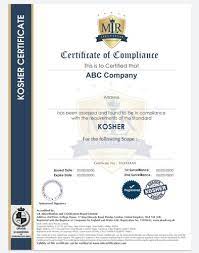How Fmcg brands use religious symbols to target god fearing people for awesome sales
Can there be a positive, constructive synergy between religion and business? Or is any such relationship doomed to become a catastrophe?
Should we just transfer our thinking about “church and state” to “religion and business” with a firm “wall of separation” between the two?
I don’t think so. A business (private) is not the same as a state (public). And a religion (worldview and lifestyle) is not the same as a church (organization).
Religion, broadly speaking, is about something believed to be sacred — and then about values, theories, and practices related to that sacred center.
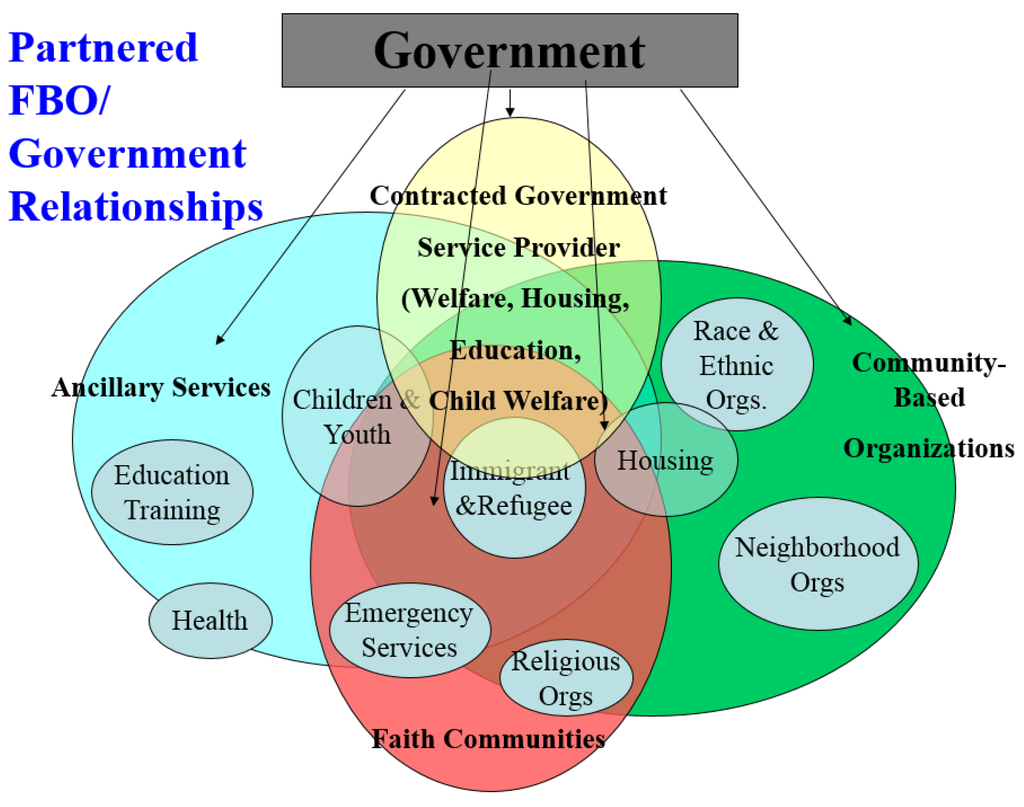
A classic work, The Protestant Ethic and the Spirit of Capitalism by pioneering German sociologist Max Weber, showed how capitalism developed and flourished in cultures shaped by a Calvinistic sense of “calling.”
When people viewed their work as a serious calling from God, and looked at their life for evidence that they were among the elect rather than the reprobate, they tended to have a terrific work ethic.

Serious Calvinists, like the New England Puritans, had an unusually strong spirit of enterprise and invention. When combined with frugality, discipline, thrift, and avoidance of wasteful habits like drinking and gambling, the result was capitalist success, wealth, and prosperity.

Catholic, Quaker, Hindu, Muslim, Buddhist, Jewish, Mormon, Amish, and other, religious traditions have each had their own influences on various business views and practices with respect to money, the treatment of animals, slavery, environmental concerns, and so on.
There can be no dispute that religions have had significant influence on business in the past — some of it regrettable, some laudable. We wouldn’t have the modern business landscape without religion.

Religious attitudes and economic values
The team’s research also showed that different religions have different effects on people’s attitudes. One example is their attitude towards private ownership.
Observant Catholics support private ownership twice as much as Protestants, while Muslims and Hindus tend to be strongly against competition.

They found that, on average, religious beliefs are associated with “good” economic attitudes, where “good” is defined as conducive to higher per capita income and growth.

Religious people trust others, the government and the legal system more, are less willing to break the law, and are more likely to believe that markets’ outcomes are fair.

Religious attitudes and social values
In a study for the US National Bureau of Economic Research, They found that, on average, religious beliefs are associated with “good” economic attitudes, where “good” is defined as conducive to higher per capita income and growth.
Religious people trust others, the government and the legal system more, are less willing to break the law, and are more likely to believe that markets’ outcomes are fair.
The team’s research also showed that different religions have different effects on people’s attitudes. One example is their attitude towards private ownership. Observant Catholics support private ownership twice as much as Protestants, while Muslims and Hindus tend to be strongly against competition.
Finally, with the exception of Buddhists, religious people of all denominations are more inclined to believe that poor people are lazy and lack willpower.
The effect is stronger for Protestants than Catholics. Overall, the study found that Christian religions are more positively associated with attitudes conducive to economic growth, while religious Muslims turned out to have the most anti-market attitude.

Different religious views around the world may translate into a competitive business advantage
Religion can also be an important source of ideas for how to run a business, how to treat customers, and so on. This is where an open mind is a managerial asset. Good ideas should be welcome, no matter what the source may be. If Moses knew how to run a meeting, or Mohammed knew how to sell, or Buddha knew how to resolve disputes, let’s hear about it.
How do Companies do online marketing for religious products?
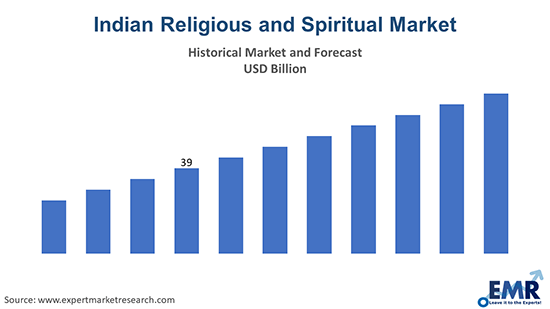
What product does religion sell?
Hope.
Hope for immortality.
Hope that one’s loved ones aren’t really dead.
Hope that one will be rewarded for good deeds.
Hope that those who have wronged us will be punished.
Hope that in the end everything will be made right.
Hope that there’s a benevolent adult somewhere who’s truly in charge.
Hope that life has a predetermined meaning.
Hope that one’s moral code really is better than that of those people.
Hope that someone is listening when one is praying.
Apparently, it’s a great business model. Hope is unlimited. Selling more doesn’t depress prices. The cost of production are infinitesimal. Buyers are hooked and will be coming back literally until they die, donating their hard-earned cash, sometimes even after their death.
You could do a lot worse as a businessperson than in selling a product like that.
In short, the religion/business relationship has a rich history and a potent future. Globalization abroad and diversity at home make multi-religious interactions a fact of business life. Religious distraction and disrespect must be barred from the workplace but that still leaves plenty of room for positive relationships

Praying to God alone is unlikely to change the fortunes of your business, but the sense of purpose and other values embedded in various religions can be a dynamic, if not a spiritual, force for good – and they may even provide a competitive advantage.
When the Japanese economy outshone the rest of the world in the late 1980s, an almost heretical thought was muttered throughout the (Christian) West: Could it possibly be that the Japanese religion, Shintoism, was a reason for the country’s economic superiority?

Not that European or US managers would ever want to build a shrine for their company god or make their whole workforce worship every morning, but if religion really were a key element in Japan’s success, the country’s economic dominance would be here to stay.
Whatever part Shintoism played in Japan’s business boom – or didn’t, as the case may be – it is still worth posing the question: Does religion matter?
Belief that individual economic success on Earth is blessed by God. Work is like a prayer, investment is like worship – and that’s the mindset that kick-started capitalism.
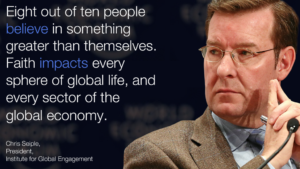
Industrious Protestants were the first successful capitalists
The oldest capitalistic region in the world, England, is predominantly Protestant; in some countries, such as Switzerland or France, the Protestants were especially thrifty and attracted to business; and the economic rise of the United States of America was driven for the most part by Protestant immigrants from Europe.
“Work is like a prayer, investment is like worship – and that’s the mindset that kickstarted capitalism.”
Martin Luther even favored schools for girls – an incredibly progressive idea for 16th-century Europe.
This pro-education bias became a competitive advantage: The data Wößmann analyzed from 19th-century Prussia showed a much higher level of education in Protestant than in Catholic regions.
In addition, the Protestants had higher incomes and were more likely to work in modern sectors of the Prussian economy, such as commerce.
Another example for the long-term economic effects of education can be studied in Judaism, which enforced a religious norm requiring fathers to educate their sons from the end of the 2nd century AD.
The Jewish farmers who invested in education gained the comparative advantage and incentive to enter skilled occupations during the urbanization in the Abbasid empire in the Near East and they did select themselves into these occupations.

And as merchants the Jews invested even more in education – literacy and numeracy are the key preconditions for building up trading networks.

Faith branding is the concept of branding religious organizations, leaders, or media programming, in the hope of penetrating a media-driven, consumer-oriented culture more effectively.
Faith branding treats faith as a product and attempts to apply the principles of marketing in order to “sell” the product.

Advertising regulators both in Europe and India receive a large number of complaints annually but not so many which have to do with religion.
So where are we headed when it comes to religion in the digital age?

For one, religious institutions are using digital media to market their wares much like any other marketer.
In India for example, it is now possible to do a Sathyanarayan puja on the internet much more easily than trying to book the neighbourhood pandit.

But unfortunately, it just doesn’t come through with the same feeling, because pujas are largely metaphorical.

All those little niceties of any ritual can get lost in the anxiety to acquire a do-it-yourself puja on the internet. The papacy under the current pontiff is clearly a global digital brand which relies on modern technology to attract their followers.
In general, however it would be wise for marketers to avoid material that will either cause widespread offence or intense offence to a small group. This is why I find clients shying away from using any religious reference in their marketing however big the temptation. Of course, this does not include festival advertising in India which is largely “discount sale” advertising without a point of view.
But there is little doubt that the web is changing the way religion is being experienced on a worldwide basis. On a trip to Badrinath all the devotees were Instagram-ming the entire experience of this well-known spiritual journey.
Does Religion have a place in advertising?
If one were to look at it purely from the point of effectiveness I would say no. The pre-requisite for a good ad is to establish relevance with a target. The inclusion of religion only makes it relevant to those with strong religious beliefs. To many others you take the risk that it may just be disqualifying. And some others may feel that making religion a commercial consideration might offend their religious sensibilities. So in effect you may be walking a razor’s edge if you are looking at commercial profit by misusing religion.
The Meat and Livestock Australia Group released a commercial which cheekily positions lamb as the meat that anyone can eat, irrespective of which religion you belong to. It’s easy to see why they might have done that. Cholesterol has killed red meat and along with it, it has killed lamb. And that no doubt is a worry for the livestock producers. On one hand the commercial tries to be secular by representing all the religions in the world from Scientology, to Hinduism to Buddhism to Christianity.

On the other hand, it takes the risk of offending every religious group in the world. I can see the Christians being offended with the reverse miracle of turning wine into water, and the staunch Hindu being offended by Lord Ganesha being a party to eating lamb, just when millions in India are petitioning him with prayer while observing penance.

It might sound unsurprising, but religious organizations can be shy to market themselves. Or, they might do so in quite traditional ways and ignore more modern ways of connecting.

This is hardly surprising, as they are not the same as a shop, restaurant or museum. Some might say that they get the people that want to come to them naturally.
People who want to attend will attend and those who do not want to, will not. Well this is not quite the case these days. It is in the interests of the community and the religious organization that they reach out.
Reaching out can take many forms and should not just be to get seats filled for Sunday. This might be one consideration for the organization.
However, others might be as simple as supporting those in need or outreaching. Some could be to encourage a greater use of the church, synagogue or temple as a building.
There are many reasons why religious organizations might need marketing strategies.

- Set up groups in the organization to support marketing
Whoever you are to the religious organization, you cannot do marketing on your own. Have a service on the theme and set up groups to support.
Encourage people to come up with ideas of what your organization can do. Some of these may not be possible or will not be considered appropriate.
Some people would think some things appropriate that others would not. Finding a common ground is therefore important, which is much easier in a group.
2. Build a brand
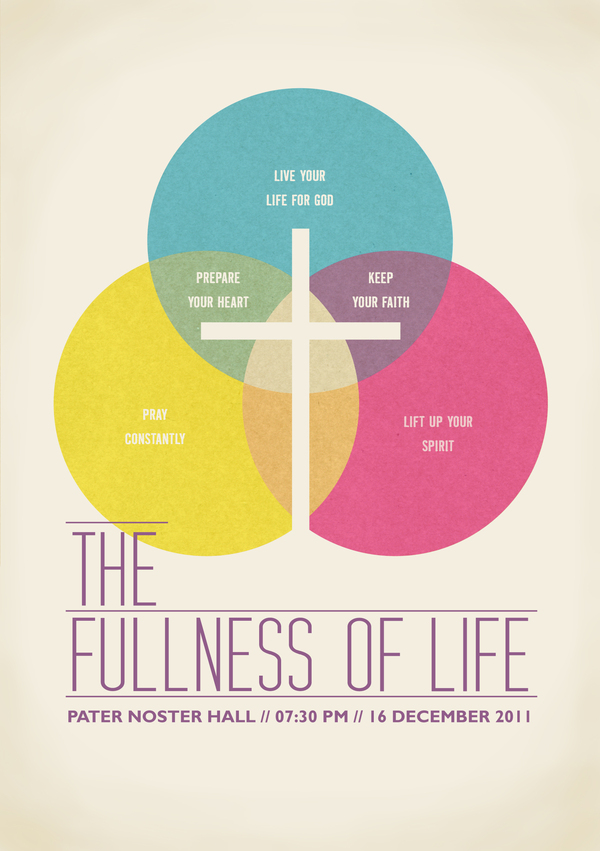
It may not sound right for religious organizations, but in this it is the same as any business.
Building a brand is a key feature of marketing any type of group. You want to have a timeless and classic look that is bold yet all-encompassing.
This starts with an excellent logo that will give consistent appearance to all your materials.
It should be used on all print and digital marketing. You might call yourself ‘Bingford Church’ but what is going to make that stand out for the community?
Community leaders or those going out in the community might benefit from branded clothing. This very much helps with identification at activities.
3. Engage people via email and text
Handing someone a leaflet is no longer effective marketing. In the past, this used to be the only way people had to remind themselves of something.
These days, there is email and text to give us reminders.
4. Have a professional website
If someone new is thinking about engaging with you, they will probably look at your website first.
Additionally, make sure it is always up to date and relevant to your audience.
5. Engage with local community events
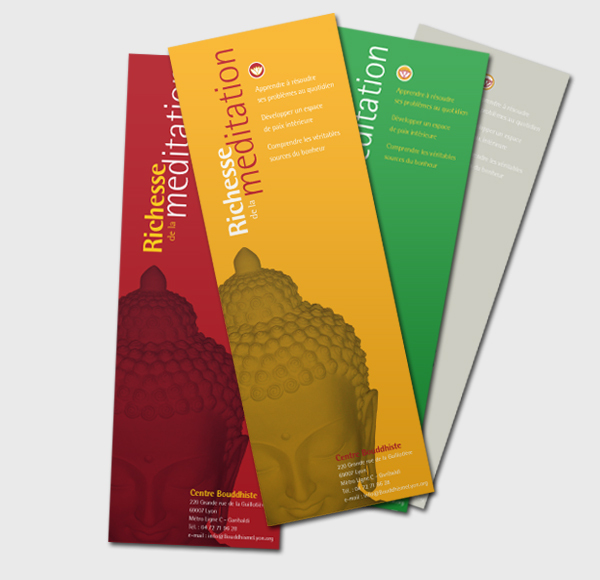
There will be lots of events in your local community. These could be summer fairs, wellbeing fairs, fourth of July celebrations.
Always get involved, if your religious community can make it possible. To be part of such events will add to your community and the local community.
6. Set up events that are not on a Sunday
You can also arrange to hold some activities not on a Sunday that the local community might enjoy.
This could be for anyone suffering the loss of a loved one whether part of your organization or not.
Think about what your local community needs support with. Then find a way to fill that need with your expertise.
7. Get in the business listings and local search
Add your religious organization to the business listings. You want people to know you exist if they are looking for a local church.
This is a basic but good way to market yourself. Another way can be to pay for Google AdWords to list you at the top of the search. You can make it very specific, so when someone types ‘Church Mosque Temple Gurudwara’ you would come up.
8. Engage on Facebook and Twitter

Using social media is a very important part of engaging with people these days. If you ignore social media, then you are missing out on a very popular method of communication.
Have a well-maintained Facebook and Twitter account. You can use a management system to pre-plan tweets and posts in advance.
Schedule a month at a time in just an hour or so. Ensure there is someone on hand to answer comments very regularly. Perhaps that member of the flock whose cell phone lives in their hand!
9. Have an entrance that is welcoming and friendly signage
Physical marketing is very valuable, especially when you have a physical building Church Mosque Temple or Gurudwara.
Ensure there is some friendly signage to get visitors through the door. Then when they come in, that the environment is friendly.

10. Video sermons and put them on your site
Video sermons might sound incredibly alien to some preachers.
However, they can be a really great way of engaging people within and beyond your religious organization.
Create these videos and then host them on your site.
11. Market directly to occasional members
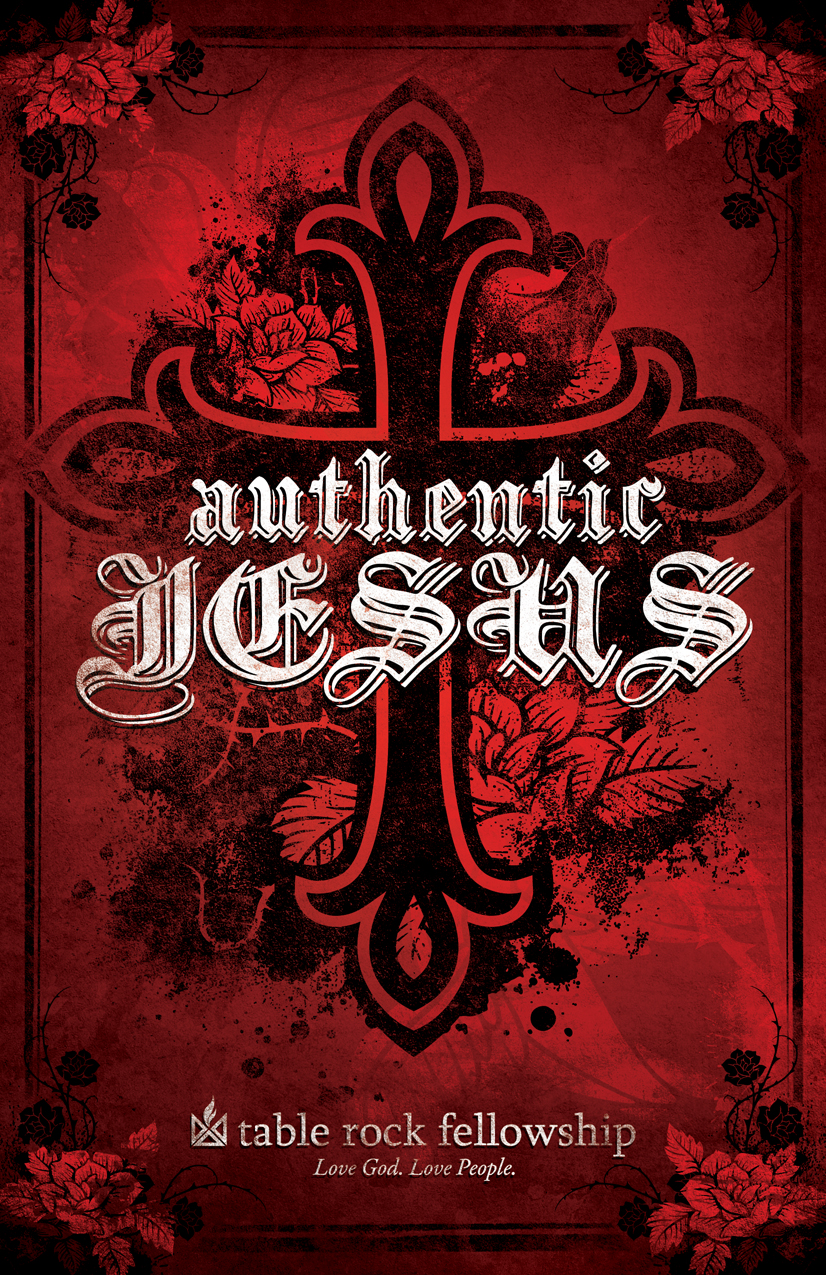
There might be a value in speaking out directly to those who occasionally attend.
If you have their details, then you might want to market to them specifically.
12. Hold regular events not related to religion
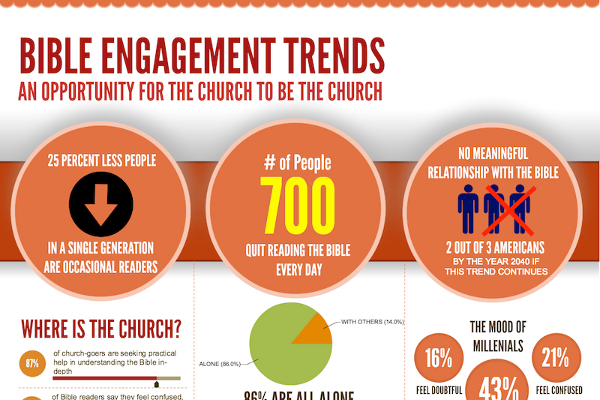
That is, events that are for everyone but held on the premises. This sounds like such an obvious thing to do.
Equally it could be a Mother’s Day, Deepavali,Bakrid.Good Friday, Lohri harvest festival held on a Sunday afternoon with tea and refreshments.
13. Choose a specific group to engage and work to involve them

Is there a group you would like to get more involved in your organization?
Perhaps you want to access your international community? Or do you have a focus on the lonely in society?
14. Join in with an existing community program

Is there one that would be willing to join with you as a partner? Could you partially fund an activity or host some of the activities?
Joining an existing program shares the burden of work and/ or cost in a positive way.

15. Get fired up about a cause
By supporting something external, you can meet and get involved with those who support that cause.
This is good for the cause and positive for your members. It could also bring new people into your organization.
It forms local networks, which are all relevant.
16. Have a ‘bring a friend’ day
Have familiar things such as songs and hymns that are well known. Hand out friendly information leaflets.
Have sweet treats with a drink at the end. Have some crafts for any children, to be family friendly.
17. Have a monthly open-house
You could open your building and organization up for a couple of hours once a month.
18. Shake up Sundays
Not every Sunday has to be the same format over again. Have you considered shaking up Sundays and doing things differently?
19. Make sure locals know what is on
Create an attractive newsletter and ask each member to post 15 through local doors.
20. Jazz things up – it’s visual
The look and feel of something so often affects the way we react to it.
Make sure it is well-lit inside and the furniture and furnishings are clean. Patched up flooring, broken chairs and ancient mismatched tables are unattractive.

Build a brand and create a welcoming place to come to for those living locally.
We live in age of innovation, growth of free markets, and world economy.
Modern businesses are expected to be responsible stewards of community resources working towards the growth and success of both their companies and their communities.
That is why various religion views influence on business ethics in our modern world.
Many beliefs have a source – “code of rules” and many businesses rely on these ethical guidelines, which correspond with ethical standards of local communities.
Taking into considerations so extent relgious influence on business ethics, We would like to emphasize on 4 basic world’s religions: Christianity, Judaism, Islam and Buddhism.
Christian business ethics:
In Christianity, the basis of this theology is the Old Testament and the New Testament.
The Christian in commerce should not desire “to get another’s goods or labour for less than it is worth.”
One must not try to obtain a good price for his own wares by extortion.
If one is buying from the poor, “charity must be exercised as well as justice;” purchaser must pay the full price that the goods are worth to him.
Moreover, purchaser shouldn’t admit suffering of the vendor because he cannot stand out for his price, but vendor should offer a loan or persuade some one else to do so.
Jewish business ethics: Judaism, which relies on the Torah for its written law, has had a great impact on marketing and business ideology.

Jewish culture, values, and ideas have penetrated into many aspects of modern life including modern market. Some points examined in this paper include: honesty on the market, fair pricing and business relations.
· honesty on the market. Merchants are prohibited from falsifying weights and measures, owning a dishonest weight by the Torah.
· fair pricing. “If you sell something to your neighbour or buy something from your neighbour’s hand, you shall not cheat each other.” Similarly, if an individual is unaware of true value of an item and wishes to sell it, one must not take advantage of the seller’s ignorance and underpay. Price stability is of great concern to the Talmud.
· business relations. Employers are required to pay employees on time. Indeed, business ethics occupies such an important place in Jewish Laws, culture, and tradition that the Talmud has as the very first question to an individual at the final judgment: “Were you honest in your business dealings?”
Muslim business ethics:
How do you make a distinction if half the things in your shopping basket are Halal? For that, you need to know what Halal is.
The term, as described by Halal Research Council, “refers to the things, actions and processes permitted by Islamic Shariah law without punishment imposed on the doer.
It is usually used to describe something that a Muslim is permitted to engage in, e.g. eat, drink or use.”

But why do nearly all the brands that one can think of obtain the Halal certification for products that have nothing to do with meat or animal slaughter or even its byproducts?
It is because, as the Halal Council of India describes, “India alone has a larger market potential than the eight Muslim countries combined together.”
According to the certifying agency Halal Faizabad, “Halal gives certain guidelines that determine whether a particular food is allowed for consumption.
The lawful items under Halal should not be made with unlawful ingredients as described by the Islamic Law.
“Next rule states that the food should not be prepared, processed, and transported in any facility or appliance that can contaminate the food with the unlawful substances.
Based on the Islamic law proper cleaning procedures should be taken while preparing the food.
“In any case, if Non Halal items are exposed to the food, it cannot be consumed. The way in which the food is prepared and processed also determine whether the food is Halal or not.”
The agency’s website lists out some requirements to make the meat Halal:
1. The person slaughtering the animal should be Muslim and knowledgeable about Islamic laws
2. The animal to be slaughtered needs to alive (sic) before slaughtering it
3. The phrase Bismillah should be called after a person slaughters the animal
4. The device used to slaughter the animal should be sharp
5. The act of slaughter should target on the oesophagus, trachea, veins and main arteries
The certification gives a product “the recognition required to convince the Muslim community that it is prepared as per Halal Laws or the Halal requirement under Shariah law.”
It also apparently turns the product “safe, hygienic, nutritious and clean to consume” in the perception of “non-Muslim consumers.”
The Halal Council of India says it only certifies “100% vegan Food & Beverages, Pharmaceuticals and Cosmetic Products and Facilities.”
It says on their website that two billion Muslims living around the world today make up 26.4 per cent of the world’s population and this market reportedly spans an estimated US $7 trillion, “making it one of the fastest-growing consumer segments in the world.”
And as quoted on the website, according to Reuters, the Halal food market alone is estimated at US $1.7 trillion followed by Halal Cosmetics, which is valued at US $75 billion.
But the Halal certification process in India too is big business, even though Muslims form just 15 per cent of our national population and only 10 per cent of the world’s population.
Most Halal certificates are valid for six months to a year or a maximum of two years and have to be renewed every year upon expiry.
According to the Halal Research Council, after the first audit and inspection clearance, documents are evaluated by the Shariah Supervisory Board.
Upon receiving approval by said board, the case is submitted to the research wing that extracts samples from the product, process, and raw materials randomly. The samples collected are sent to the inspection team where these are evaluated in the laboratory.
As far as the money is concerned, as per the Jamiat Ulama-I-Hind Halal Trust, the fee structure is as follows:
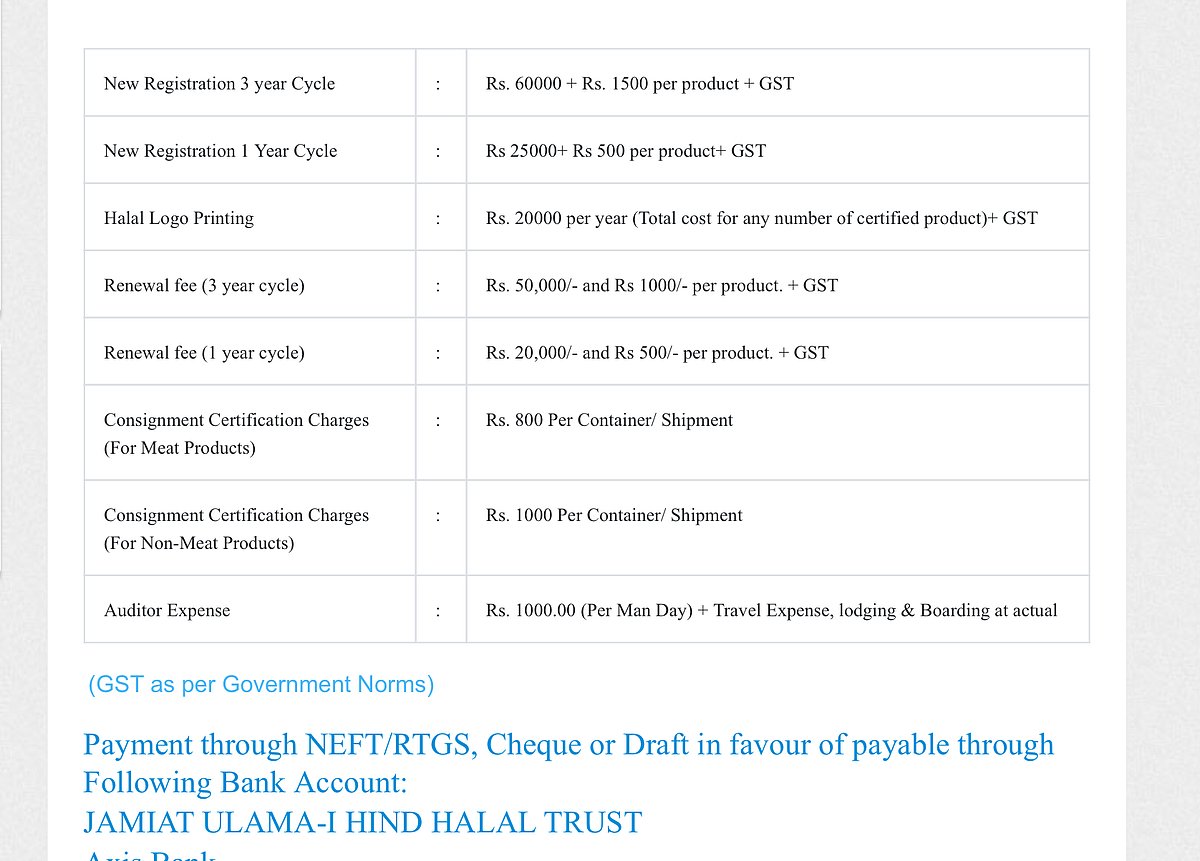
That apart, there are conditions to apply for certification, as specified by Halal Certification Services India Pvt Ltd, which is “India’s first comprehensive established Halal Certification body in India, since 1999.” It has, among others, Nestle India as its client.
Hindu/Buddhist business ethics:

The Hindu and Buddhist business code and professional ethics are closely tied with respect for environment.
Essentially, according to Buddhist teachings, ethical and moral principles are run by examining a certain action, which has to avoid any harm.
Therefore some Buddhist texts emphasise on the role of enlightenment – one of the elements which prohibits occupations associated with violence (such as arms dealing).
Overall, it is worth pointing out that each religion has its own prejudices.
Nevertheless, the main idea of each of them is that faith should give rise to a commitment to create favorable environment at work.
That is why our modern society can not exclude the impact of religion on modern business and should be aware and respect differences in values in various communities.
Brands and companies including Unilever, Wipro, Pureline and Kahf have launched products and campaigns to cater to consumers who’ve rediscovered their faith during the pandemic.

This is driving growth in what is termed as Hijrah in markets including Indonesia, Malaysia, Pakistan and Bangladesh. Hijrah, or Hijra, a term that refers to a journey Muhammad and his followers took from Mecca to Medina, has in recent years been applied to a movement that encourages Muslims, particularly young people, to become better individuals by increasing their obedience to religious guidelines.
This piety movement is triggering a wave of new spending in categories including apparel (with the rise of modestwear), consumer goods, finance and personal care and cosmetics.
An example of this is Safi (and all its sub-brands) under Wipro-Unza, a skincare and toiletries brand entirely focused on catering to young Muslim women, with lines of products to serve them at every step of their Hijrah.

Wipro is not the only company or brand to have chased after this opportunity.

Other examples include Nameera from Unilever, with its ‘Beauty is Fitrah’ tagline, Pepsodent, and Pureline Hijab Fresh body lotion. Kahf Face Wash for men also addresses this market with its latest campaign.
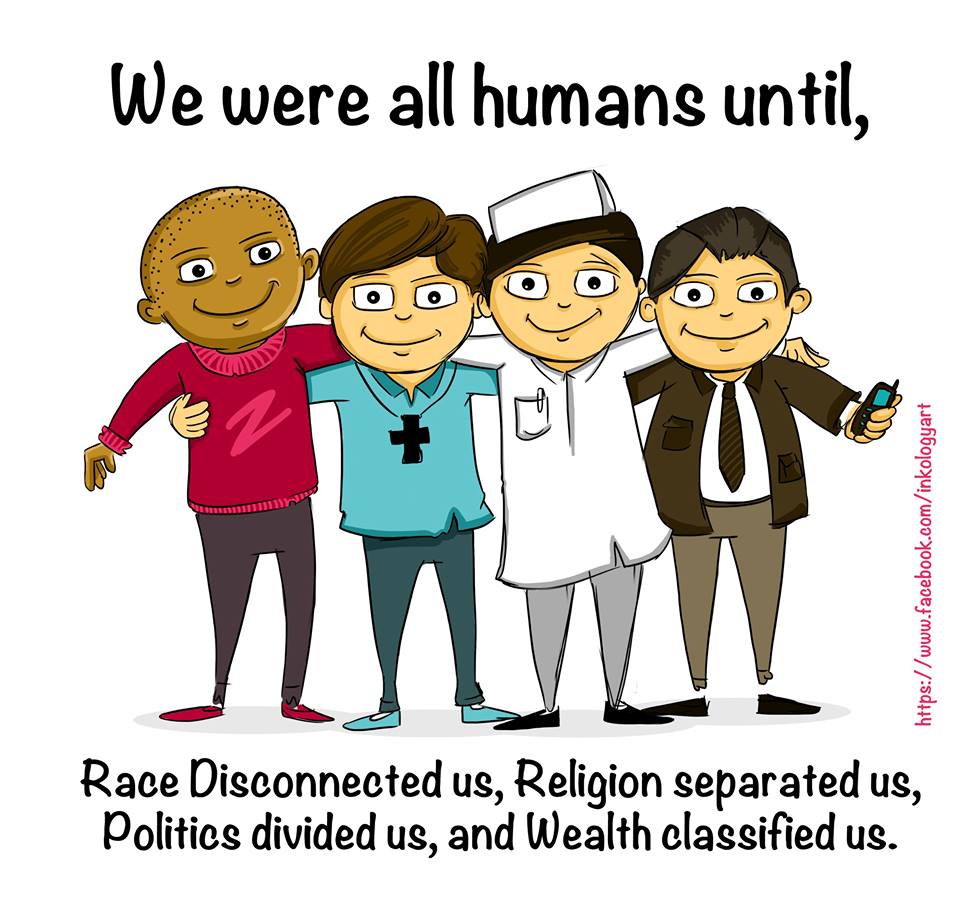
Buying monastic products, gift or purchase?
Religion affects consumer psychology and behavior through four dimensions—beliefs, rituals, values, and community.

Religion and consumer behaviour
The recognition of this fact has led many companies to engage in various degrees of faith-based marketing.
Essentially, faith-based marketing is a strategy that recognizes the importance of religion to consumers and attempts to tie an organization or specific product to religion.
MegaFest is a four-day festival of sermons, prayer, music, sports, comedy, and commerce sponsored by the Potter’s House, a megachurch in Dallas.

The 2005 MegaFest, held in Atlanta, attracted nearly 500,000 people (Hoffman, 2006). Non-religious sponsors included Coca-Cola, Pepsi, Bank of America.
How does religion affect global business?
When people purchase religious symbols gods, saints photographs, monastic products their actions, support a religious cause by combining a gesture of purchasing with a gesture of gift-giving?

80% of people worldwide affiliating with a religion (Pew Forum, 2012) and over 70% of Americans reporting that their religious beliefs affect their daily behaviors . Religion influences a variety of consumer behaviors, such as information seeking and product innovativeness

Many religious behaviors, such as fasting, meditation, almsgiving, and long periods of prayer, require high levels of self-control and self-regulatory strength

For example, Catholics share beliefs about the resurrection of Jesus Christ, the presence of Original Sin, and the existence of Heaven and Hell. Alternatively, Buddhists share beliefs about the impermanence of reality, the absence of a discrete personal self, and the role of clinging and attachment as the proximal causes of human suffering (Harris, 1998).
Such beliefs help individuals in their search for meaning and control by defining, explaining, and parameterizing the world in which they live (Hood et al., 2009).
Researchers interested in studying the effect of religious beliefs on consumer behavior might utilize scales that capture an individual’s endorsement of particular beliefs, such as Jesus’ divinity, beliefs about the afterlife, and belief in Heaven and Hell.

Religious beliefs about the after life
As such, religious (vs. non-religious) individuals are likely to experience lower levels of death anxiety due to various underlying beliefs about the afterlife.
How do beliefs affect business?
For example, Buddhists emphasize the impermanence of all things and they often meditate on the inevitability of death to motivate present-centered living and compassion for all.
Alternatively, Hindus believe in reincarnation (that upon death, the soul begins a new life in a new body), which may shape consumer behavior in the current life to improve one’s standing in the next life.

Religious practice of cleansing rituals (e.g., penance, physical cleansing) will moderate the effects of making a confession about a past consumer transgression (vs. not confessing) on subsequent amends-making behaviors (e.g., dieting, environmentally-friendly behaviors).
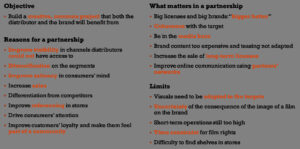
THE IMPACT OF RELIGION ON BUSINESS ETHICS
Religious cleansing rituals
Cleansing rituals are examples of religious rituals that may affect consumer behavior. For example, confession is a religious ritual that helps followers achieve moral cleansing after a moral lapse has occurred. Confession is the remorseful acknowledgment of one’s wrongdoings and the public or private disclosure of these wrongdoings in an attempt to rectify transgressions and reestablish the moral self. After committing sins, confessions and other forms of cleansing rituals can lead to better health and well-being outcomes. For example, confiding in others about a traumatic life event increases tension in the short term, but enhances physical health in the long run

Religious ritual is another dimension of religion that affects consumer behavior. Rituals are repeated behaviors that have symbolic meaning, typically follow a formal script, and are performed in the same manner and order every time (Rook, 1985). Religious rituals include practices as diverse as regular public and private prayer, Holy Communion in Catholicism, the Passover seder in Judaism, the hadj pilgrimage in Islam, the puja early morning offering in Hinduism, and daily meditation in Buddhism. Participation in the ritual practices of one’s religion creates an emotional bond between members of a religion (Saroglou, 2011), promotes trust within and across religious lines

future research have sought to reveal that the role religion plays in shaping consumer behavior is even richer and more promising than consumer psychologists may have realized.

The focus of business houses has been on all successful places of worship
Many companies view all religious population as a prime market segment,
one that is too big to ignore.
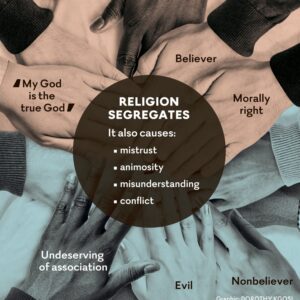
Top most festival Products FMCG consumers search today
World Wide Festive Trends Decoded What Indian festive consumers seek...
Read MoreHow right selection of FMCG Salesmen improves brand market share
How can FMCG Companies improve salesman’s technique in order to...
Read MoreHow most searched Fmcg sales and marketing words help newbie salesman
Why undestand FMCG sales management? Sales management is the process...
Read MoreHow Successful FMCG Salesman Starts his Day, a guide
How does one become a good sales executive in the...
Read More


